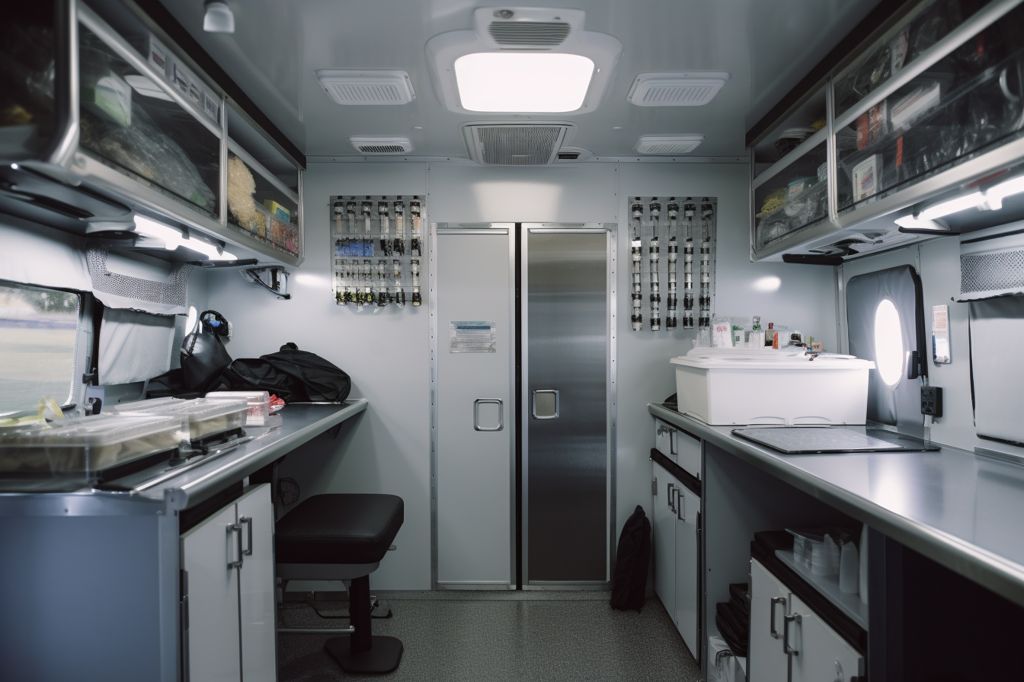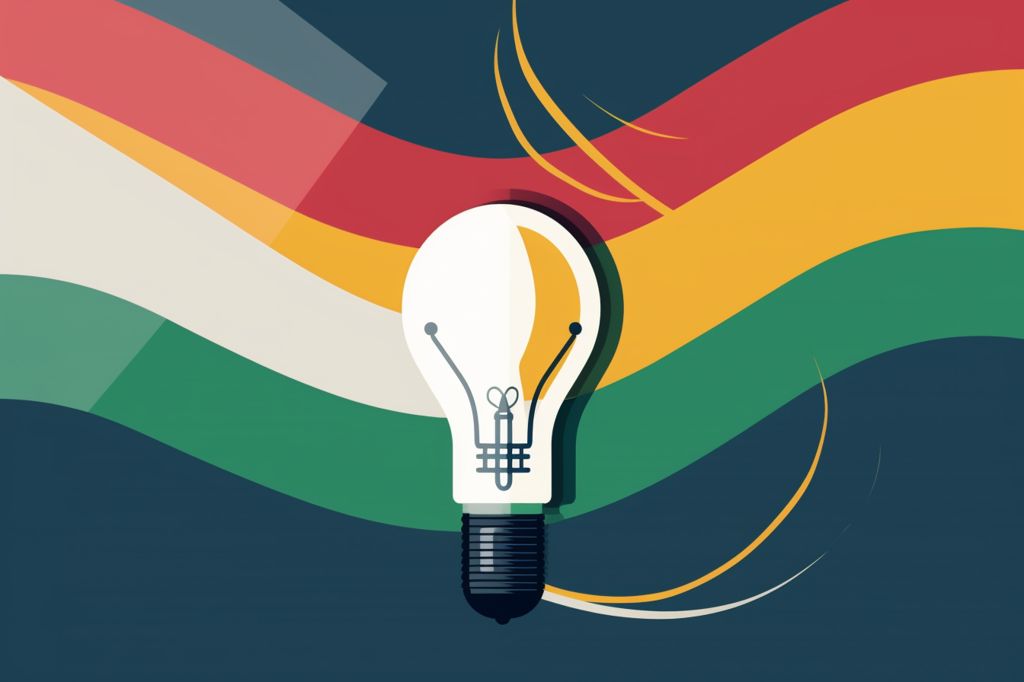South Africa is taking a big step towards enhancing science, technology, engineering, and mathematics (STEM) education in the region. Thanks to the collaboration between Deputy Minister of Higher Education, Science and Innovation, Mr Buti Manamela, and multinational company Sasol, the University of Mpumalanga will receive a mobile science laboratory on May 17th.
Bridging the Resource Gap
The custom-designed mobile science laboratory is fully equipped to conduct experiments and will serve schools in the Bohlabela and Ehlanzeni Districts. These areas have been identified as having limited resources for scientific experiments, which hinders STEM education. This initiative aims to bridge the resource gap and provide equal learning opportunities for all students, irrespective of their socio-economic background.
Collaboration for a Brighter Future
Several partners have come together to make this initiative a reality. The National Education Collaboration Trust (NECT), Sol Plaatje University, the University of South Africa, the South African Radio Astronomy Observatory (SARAO), and the Centre for Advancement of Science and Mathematics Education (CASME) are some of the key partners. Other organizations involved include the Osizweni Science Centre, KZN Department of Education, Department of Mineral Resource and Energy, Boitjhorisong Resource Centre, North-West University, and SciBono Discovery Centre.
Fostering Curiosity and Exploration
The handover event at the University of Mpumalanga is a significant milestone for STEM education in South Africa. It showcases the importance of collaboration between governmental organizations, academic institutions, and private corporations. Through this initiative, students in the Bohlabela and Ehlanzeni Districts will have access to hands-on learning experiences that will spark their interest in STEM subjects.
Empowering the Youth
The mobile science laboratory aims to inspire a passion for STEM subjects among the youth in the region. It aims to empower them to pursue careers in these fields and contribute to the development of their communities and the country as a whole. By making science education accessible to all, the project is not only addressing the immediate needs of students but also ensuring a brighter future by cultivating a skilled workforce that can drive innovation and growth.
A Testament to Collaboration and Innovation
The mobile science laboratory initiative is a significant step forward for STEM education in South Africa. It has the potential to transform the learning experiences of countless students in the Bohlabela and Ehlanzeni Districts. Through the combined efforts of various stakeholders, this project demonstrates the importance of investing in quality education for all. It paves the way for a prosperous and innovative future.












